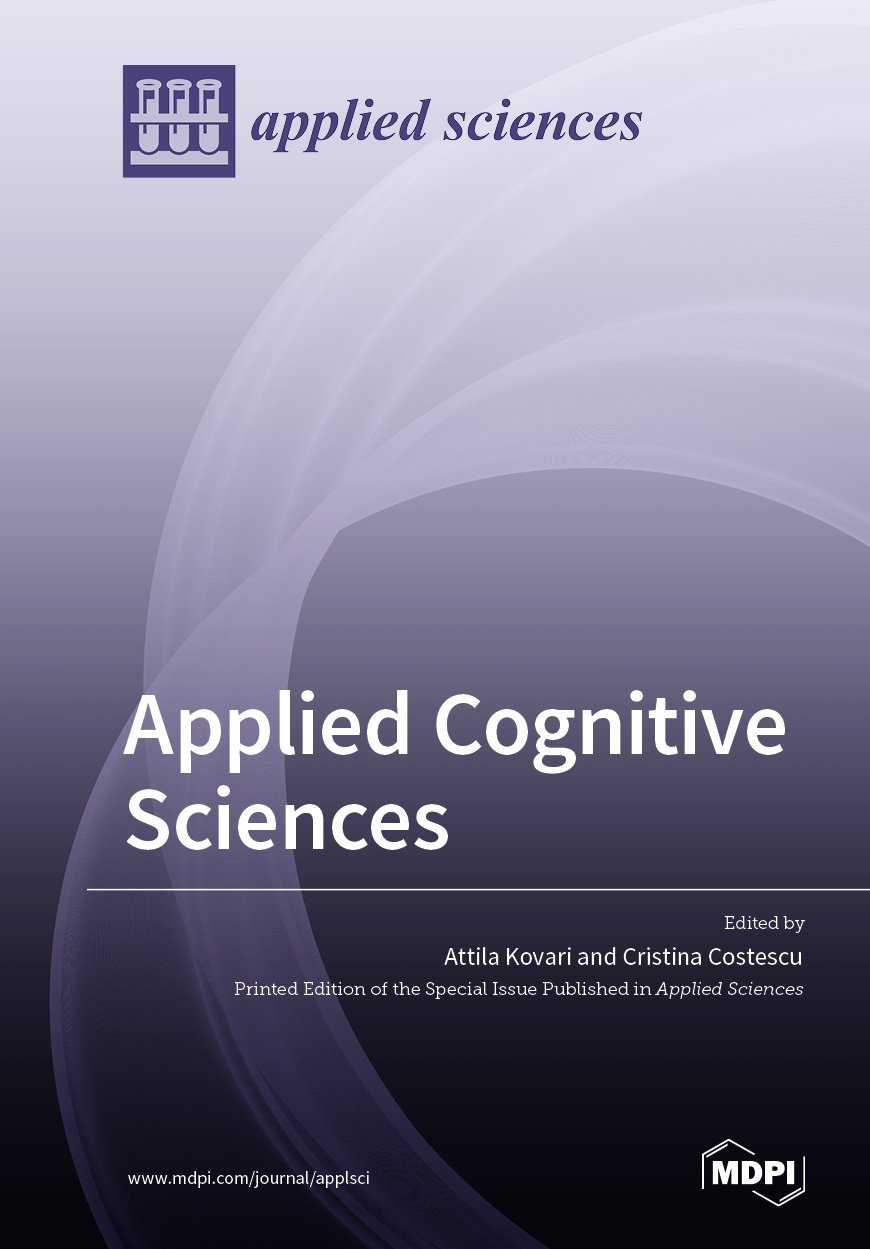Enhancing Recommender Systems with Semantic User Profiling through Frequent Subgraph Mining on Knowledge Graphs
IF 2.5
4区 综合性期刊
Q2 CHEMISTRY, MULTIDISCIPLINARY
引用次数: 0
Abstract
Recommender systems play a crucial role in personalizing online user experiences by creating user profiles based on user–item interactions and preferences. Knowledge graphs (KGs) are intricate data structures that encapsulate semantic information, expressing users and items in a meaningful way. Although recent deep learning-based recommendation algorithms that embed KGs have demonstrated impressive performance, the richness of semantics and explainability embedded in the KGs are often lost due to the opaque nature of vector representations in deep neural networks. To address this issue, we propose a novel user profiling method for recommender systems that can encapsulate user preferences while preserving the original semantics of the KGs, using frequent subgraph mining. Our approach involves creating user profile vectors from a set of frequent subgraphs that contain information about user preferences and the strength of those preferences, measured by frequency. Subsequently, we trained a deep neural network model to learn the relationship between users and items, thereby facilitating effective recommendations using the neural network’s approximation ability. We evaluated our user profiling methodology on movie data and found that it demonstrated competitive performance, indicating that our approach can accurately represent user preferences while maintaining the semantics of the KGs. This work, therefore, presents a significant step towards creating more transparent and effective recommender systems that can be beneficial for a wide range of applications and readers interested in this field.通过知识图的频繁子图挖掘,用语义用户评测增强推荐系统
推荐系统通过基于用户-项目交互和偏好创建用户档案,在个性化在线用户体验方面发挥着至关重要的作用。知识图是一种复杂的数据结构,它封装了语义信息,以有意义的方式表达用户和项目。尽管最近嵌入KGs的基于深度学习的推荐算法表现出了令人印象深刻的性能,但由于深度神经网络中向量表示的不透明性,嵌入KGs中的语义丰富性和可解释性往往会丢失。为了解决这个问题,我们为推荐系统提出了一种新的用户评测方法,该方法可以使用频繁子图挖掘来封装用户偏好,同时保留KG的原始语义。我们的方法包括从一组频繁的子图中创建用户配置文件向量,这些子图包含关于用户偏好和这些偏好的强度的信息,通过频率来测量。随后,我们训练了一个深度神经网络模型来学习用户和项目之间的关系,从而利用神经网络的近似能力促进有效的推荐。我们对电影数据的用户评测方法进行了评估,发现它表现出了有竞争力的性能,表明我们的方法可以准确地表示用户偏好,同时保持KGs的语义。因此,这项工作为创建更透明、更有效的推荐系统迈出了重要一步,该系统对该领域的广泛应用和感兴趣的读者都是有益的。
本文章由计算机程序翻译,如有差异,请以英文原文为准。
求助全文
约1分钟内获得全文
求助全文
来源期刊

Applied Sciences-Basel
CHEMISTRY, MULTIDISCIPLINARYMATERIALS SCIE-MATERIALS SCIENCE, MULTIDISCIPLINARY
CiteScore
5.30
自引率
11.10%
发文量
10882
期刊介绍:
Applied Sciences (ISSN 2076-3417) provides an advanced forum on all aspects of applied natural sciences. It publishes reviews, research papers and communications. Our aim is to encourage scientists to publish their experimental and theoretical results in as much detail as possible. There is no restriction on the length of the papers. The full experimental details must be provided so that the results can be reproduced. Electronic files and software regarding the full details of the calculation or experimental procedure, if unable to be published in a normal way, can be deposited as supplementary electronic material.
 求助内容:
求助内容: 应助结果提醒方式:
应助结果提醒方式:


